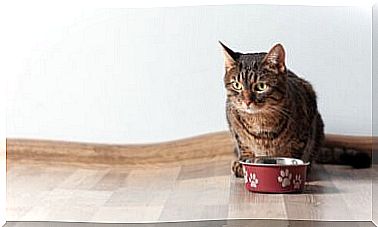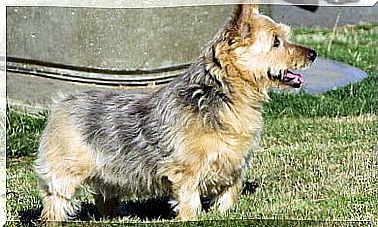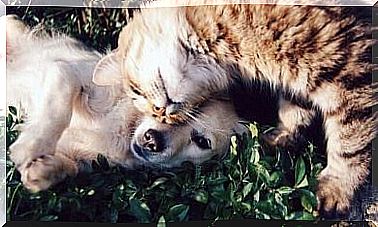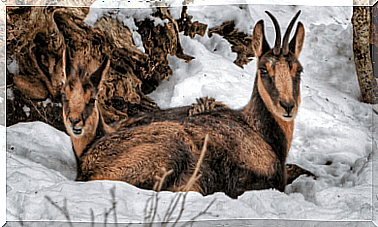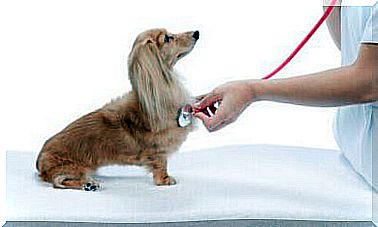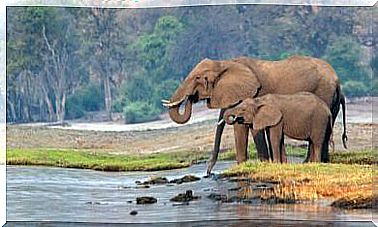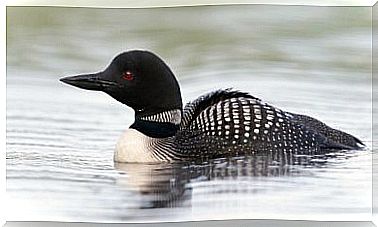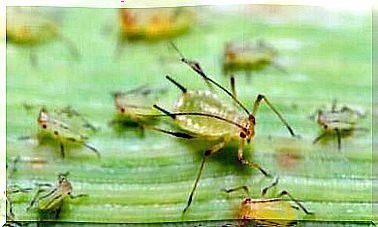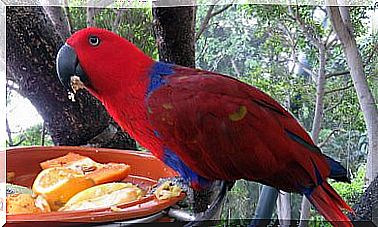Dog Feeding In Autumn
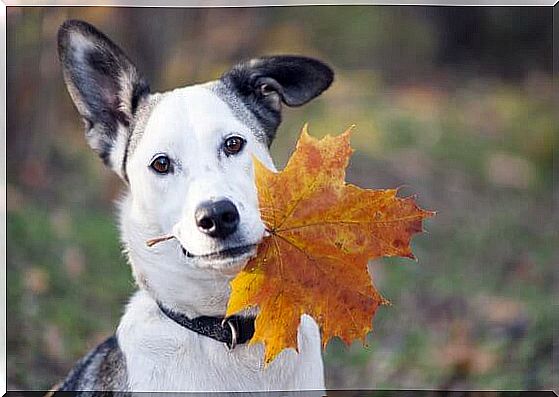
Did you know that you need to take some care with dog feeding in the fall?
As we all know, autumn is the season of the year that precedes winter. For your dog’s body, this means not only the passage of time, but also the need to prepare for the low temperatures and adverse weather conditions of this season.
Appetite and behavior of dogs during the autumn
Although companion dogs no longer live in the wild, their bodies still maintain many natural (or instinctual) needs and behaviors. Therefore, it is likely that your puppy will have more appetite and more energy with the arrival of autumn.
It is not necessary to be frightened by identifying this change in behavior during the fall. In the wild, animals tend to increase their food intake before winter comes.
This is your way to prepare for food shortages during the coldest season of the year. In this way, dogs can also save energy in winter and avoid exposure to adverse weather in search of food.
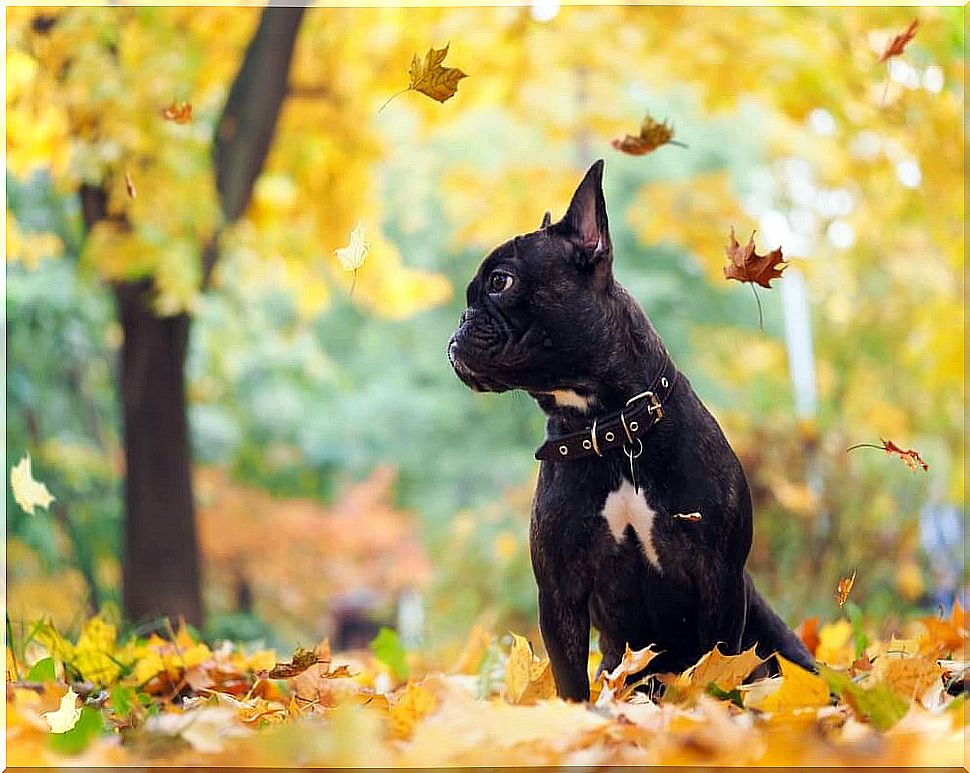
Because foraging for food and metabolizing it takes energy, your dog’s body will be more active during the fall.
The milder days, with pleasant temperatures, allow your pet to be more willing to exercise, play and explore the environment without feeling heavy or tormented by the heat.
For all that, autumn is also an excellent season for outdoor activities, sports, walks or trips with our furry friends.
Of course, we will need to provide them with excellent nutrition, as well as the proper care to keep their bodies strong and healthy during this season.
How to provide balanced nutrition?
While your puppy’s appetite may increase during the fall, it’s essential to provide balanced nutrition. A bad diet is not only one that is low in certain essential nutrients, but also one that contains them in excess.
If we offer our puppies too much food to fully satisfy their appetite or to cater to their whims, we can lead to obesity.
When food consumption increases but energy expenditure does not, your puppy begins to gain weight quickly. Excess weight is very dangerous for dogs as it often leads to joint, heart, metabolic, etc. problems.
The key to optimal nutrition is respecting the nutritional needs of the animal’s body. Therefore, it is important to have the advice of a veterinarian when choosing the best diet for our puppies.
Your veterinarian can help you choose the ideal feed or establish a natural, homemade diet based on your puppy’s specific body needs.
In addition, it will also tell you how to calculate the amount of food and the number of meals appropriate for your age, weight, size, health status and growth curve.
What to include in the dog’s diet in the fall?
In addition to providing the food in the correct proportions, it is interesting to include beneficial foods to supplement the dogs’ diet in the fall. Introducing fresh, natural foods will help satisfy your furry friend’s appetite and provide a high content of fiber, vitamins and minerals.
Some vegetables, such as broccoli, celery and spinach, offer a high content of antioxidants, fiber and iron, among other nutrients, but we shouldn’t overfeed our dogs.
When these vegetables are consumed in moderate doses, they favor intestinal transit, improve digestion and help prevent various diseases. However, in excess, they can cause diarrhea and gas in dogs.

Vegetables, fruits and vegetables
Pumpkin, carrots and zucchini are also very healthy foods for dogs during the fall season. In addition to vitamins A, C, E and the B complex, they also contain fiber and minerals that help to strengthen the immune system and prevent constipation, for example.
Regarding fruit, blueberries and strawberries provide a high content of antioxidants, fiber and vitamin C. As a result, they help prevent numerous degenerative diseases, as well as colds and other common ailments during the fall and winter.
In addition, pears and apples are also very nutritious and healthy fruits for puppies, helping to maintain a well-balanced metabolism.
In fact, many dogs can also experience stress due to the change of season, becoming hyperactive or more nervous than usual. In these cases, it is beneficial to offer some natural tranquilizer, such as boiled oats and chamomile or valerian teas.
Last but not least, remember to offer your puppy the proper preventative medicine during the fall season. In addition to seeing the veterinarian every six months, it is also essential to keep vaccinations and deworming up to date.
